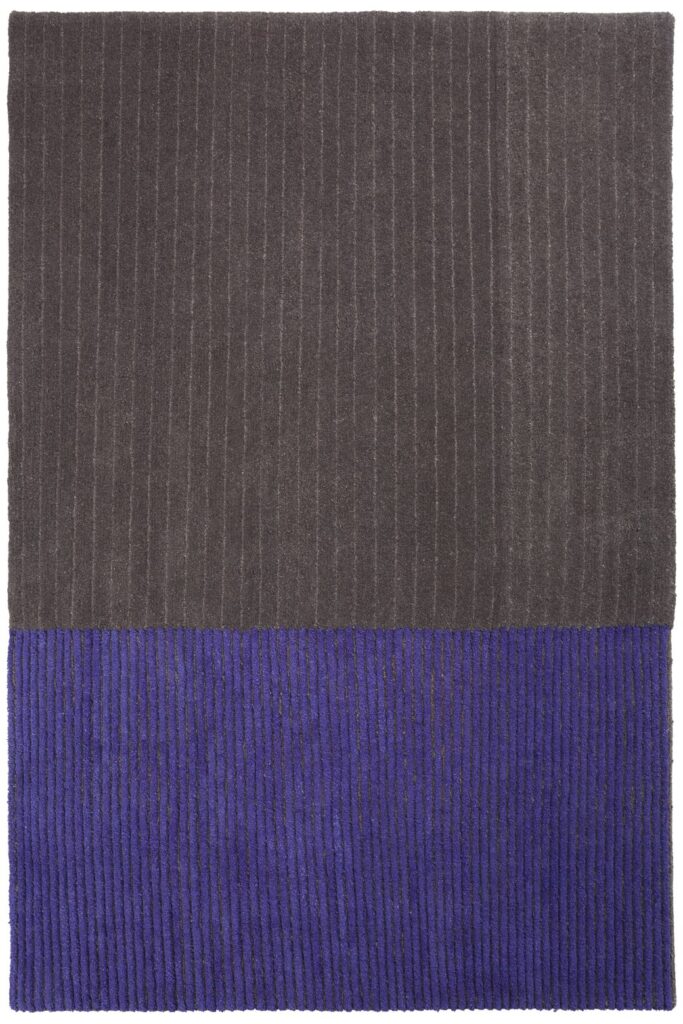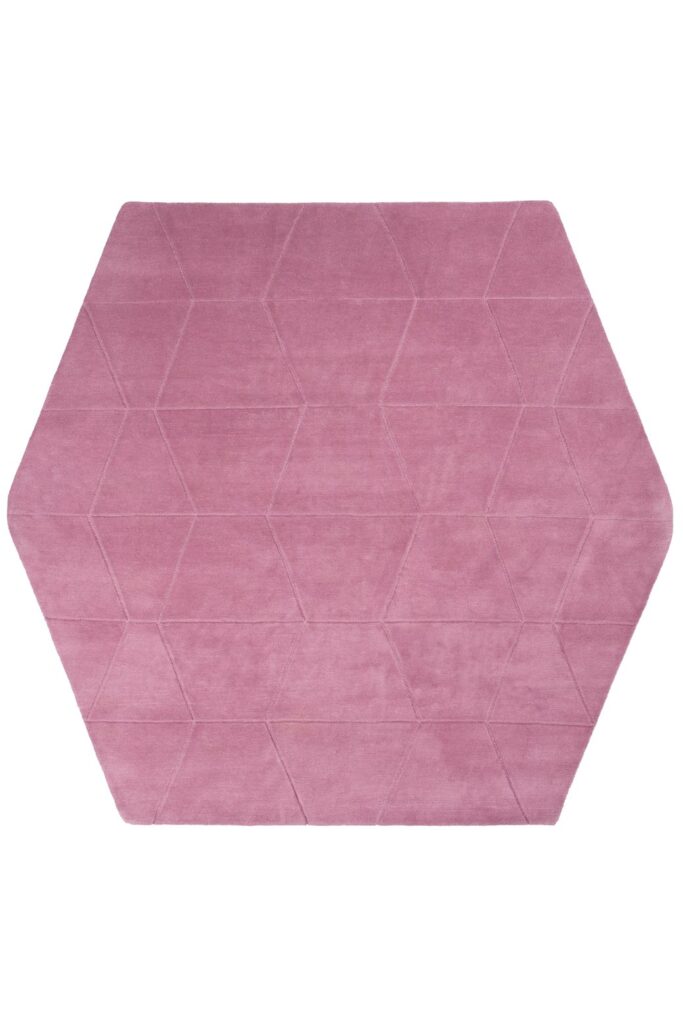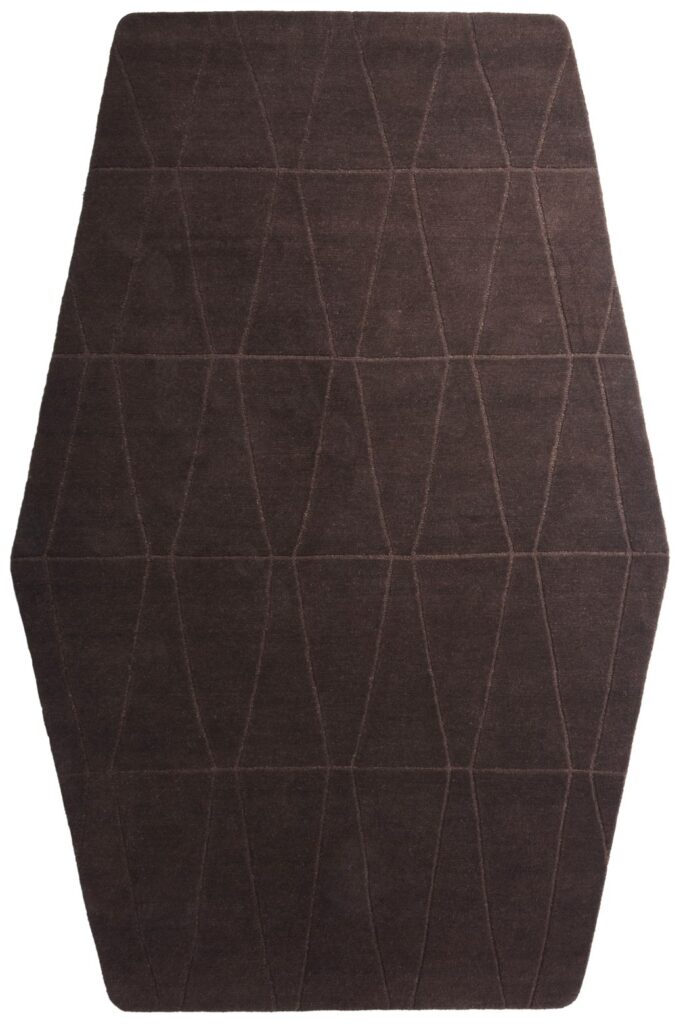Tibetan rugs: how to choose the appropriate artifact for your needs
Luxury rugs — Aug 21.2022
Tibetan rugs are among the most original Oriental rugs. At the same time, they are especially prized for their beautiful designs and the high quality of materials used in their making.
What makes these patterns unique are both the special knot used, which is found exclusively in Tibet and neighboring areas, and the traditional decorative motifs.
In addition, the bright colors and striking patterns of Tibetan rugs allow them to tastefully decorate various rooms in the home. Let’s see which ones, in particular.
What are the special features of Tibetan rugs?
Traditional Tibetan rugs making has been widespread since the seventh century, mainly due to local monks, who began weaving wool obtained from animals available in the area, such as goats, sheep and yaks. Thanks to the monks’ work, it was possible to make prayer rugs and decorative carpets for use in everyday life and in monasteries.
What distinguishes Tibetan rugs from all other Oriental carpets are three aspects in particular, related as much to the workmanship as to the design of the artifacts. The first element that characterizes carpets produced in Tibet is the type of loom used, which has a horizontal rather than a vertical orientation (the latter is more common and used throughout the rest of Asia). Because of the use of such a distinctive loom, Tibetan artisans are able to produce more complex patterns and elaborate designs.
It is precisely the design that is another aspect that makes it easy to identify a carpet made in Tibet. Traditional carpets feature themes and motifs that are typical of the precisely Tibetan culture and have a design that expresses a determined meaning.
The third element that makes Tibetan rugs unique is the particular knot that is used in the workmanship, a knot that is different from the most common Asian knots, namely Persian and Turkish.
Tibetan rugs are renowned for their beautiful designs and the high quality of materials used. Most designs are made of wool, used either in its undyed version or dyed in bright, vibrant hues.

What are the typical designs of carpets woven in Tibet?
Among the best-known Tibetan rugs are those produced in the Khams region. These are patterns made by nomadic tribes. who employed rugs made from intensely colored wools with intriguing geometric designs.
Geometric patterns, which reproduce lines, checks and diamonds, are among the most common. These were decorative patterns, used in homes and temples, or carpets dedicated to prayer and the practice of meditation. These designs were also frequently used in the making of the special rugs, which the nomadic tribes of Tibet used as riding saddles.
In carpets used for decorative purposes, on the other hand, the use of more colorful patterns or those with symbolic meaning is common. Also typical in Tibet, as well as throughout the East, are rugs made with floral patterns. In making these carpets, the Tibetan people have been inspired by flowers typical of the area, such as the beautiful lotus flower, which symbolizes purity, or even chrysanthemums and peonies.
There are also Tibetan rug patterns that resemble paintings and reproduce characteristic elements of the local culture. Among the most common symbols are the tiger, dragons, and phoenixes. The tiger, a symbol of strength and pride, is depicted in various poses and stands out against the background of the Tibetan rug, which is often left blank. The contrast between dragons and phoenixes, on the other hand, represents the struggle between good and evil. It indicates, in general, the meeting of forces of opposite sign.

How to decorate your home with beautiful Tibetan rugs
Traditional Tibetan rugs are small in size. This makes them useful for decorating small rooms or small parts of a larger room. More unusual designs can also be made to stand out by placing them on the wall, using the rug as a tapestry.
Due to the use of very soft and durable wools, Tibetan rugs prove perfect for all rooms in the home. They are very decorative and equally comfortable patterns that are very soft and durable.
Antique Tibetan rugs were produced with dyed wools in very intense colors: red, in its various shades, is among the most popular colors, along with green, brown, blue and orange. The availability of so many colors means that Tibetan rugs are easy to match with various decorating styles and furniture.
For example, one can place a rug from Tibet at the entrance of the house. Alternatively, one can use one of the multi-seat prayer rugs to give personality to a long hallway. Or one can also place the rug in the center of a living room furnished with modern furniture. As is evident from the examples given, the possible combinations allowed by Tibetan rugs are virtually endless, and depending on the objectives of the interior design project, it is always possible to identify the type of decoration best suited to each space.
Nodus creates prestigious rugs.
Bring luxury into your home!
>>> CONTACT US! <<<
![]() Nodus has reinvented the luxury rug. It was in fact the first brand to propose the concept of the rug as a work of contemporary art.
Nodus has reinvented the luxury rug. It was in fact the first brand to propose the concept of the rug as a work of contemporary art.
Nodus has always created exclusive products that furnish the most beautiful homes in the world. Do you want to make your home inimitable as a work of art?
Bring a hand knotted rug of the highest quality and design into the spaces of your daily life! Give your family and the people you love the beauty of a dream masterpiece! Every piece of Nodus is designed by famous Designers, making it recognisable and prestigious. In this way, each rug is unique: you will not find another one like it. Like all beautiful and unrepeatable things, one piece in the Nodus collection sets you apart and speaks to others about your taste and elegance. CONTACT US!